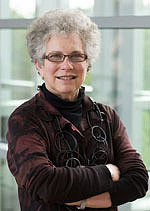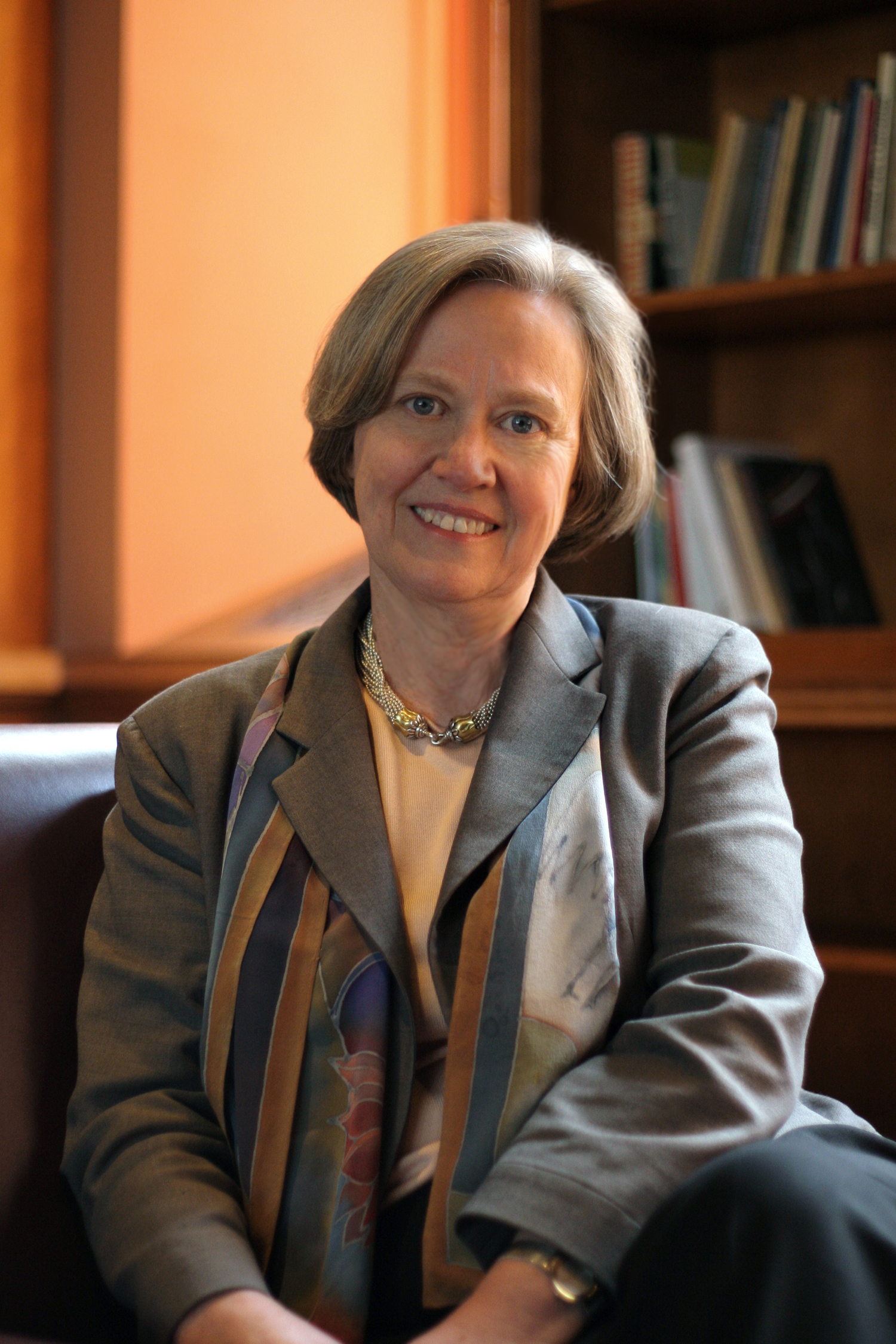Institute for Advanced Study Appoints Two New Trustees

PRESS CONTACT: Alexandra Altman, (609) 951-4406
The Institute for Advanced Study has appointed Margaret Levi and Shirley Tilghman to its Board of Trustees. Levi has been nominated by the Institute’s School of Social Science. She is the Director of the Center for Advanced Study in Behavioral Sciences at Stanford University, Professor of Political Science at Stanford University and Jere L. Bacharach Professor Emerita at the University of Washington. Levi will succeed William H. Sewell, Jr., Frank P. Hixon Distinguished Service Professor Emeritus of Political Science and History, who served the last five years. Tilghman is President Emerita of Princeton University and serves as Professor of Molecular Biology and Public Affairs at Princeton. Both appointments were effective May 3, 2014.
Margaret Levi, a leading American political scientist, earned her A.B. from Bryn Mawr College in 1968 and Ph.D. from Harvard University in 1974. Currently, Levi’s research focuses on improving relations between government and citizens, and the effects of a trustworthy government. Levi held the Chair in Politics, United States Studies Centre at the University of Sydney from 2009–13 and is currently an Affiliate Professor. At the University of Washington she was Director of the CHAOS (Comparative Historical Analysis of Organizations and States) Center and formerly the Harry Bridges Chair and Director of the Harry Bridges Center for Labor Studies. Levi is the author of many books including, In the Interest of Others (Princeton, 2013), Cooperation Without Trust? (Russell Sage Foundation, 2005), Democracy at Risk (Brookings, 2005) and Of Rule and Revenue (University of California, 1988). Levi’s many accolades include fellowships from the American Academy of Arts and Sciences, the John Simon Guggenheim Memorial Foundation and the Watson Institute for International Studies at Brown University. Levi served as president of the American Political Science Association from 2004–05 and is on the editorial and advisory boards of many leading publications and organizations in the field. In 2014 she received the William H. Riker Prize in Political Science.
 |
|
Shirley Tilghman |
A pioneer in molecular biology, Shirley Tilghman served on the faculty of Princeton University for fifteen years before being named President in May of 2001. Prior to becoming President, Tilghman’s research was focused on mammalian developmental genetics, and she now writes on science and education policy. At Princeton she was an investigator of the Howard Hughes Medical Institute and the founding director of the University’s Lewis-Sigler Institute for Integrative Genomics. In 2002, Tilghman was one of five winners of the L'Oréal-UNESCO Award for Women in Science. Other awards include the Princeton's President's Award for Distinguished Teaching (1996), the Lifetime Achievement Award from the Society for Developmental Biology (2003) and the Genetics Society of America Medal (2007). Tilghman is a member of the American Philosophical Society, the National Academy of Sciences, the Institute of Medicine and the Royal Society of London. She also serves as a trustee of the Carnegie Endowment for International Peace, Leadership Enterprise for a Diverse America, Amherst College and the King Abdullah University of Science and Technology, and as a director of Google Inc. Tilghman received her B.Sc. in chemistry from Queen's University in 1968 and obtained her Ph.D. in biochemistry from Temple University after two years of teaching secondary school in Sierra Leone, West Africa.
About the Institute for Advanced Study
The Institute for Advanced Study is one of the world’s leading centers for theoretical research and intellectual inquiry. The Institute exists to encourage and support curiosity-driven research in the sciences and humanities—the original, often speculative thinking that produces advances in knowledge that change the way we understand the world. Work at the Institute takes place in four Schools: Historical Studies, Mathematics, Natural Sciences and Social Science. It provides for the mentoring of scholars by a permanent Faculty of approximately 30, and it ensures the freedom to undertake research that will make significant contributions in any of the broad range of fields in the sciences and humanities studied at the Institute.
The Institute, founded in 1930, is a private, independent academic institution located in Princeton, New Jersey. Its more than 6,000 former Members hold positions of intellectual and scientific leadership throughout the academic world. Thirty-three Nobel Laureates and 40 out of 56 Fields Medalists, as well as many winners of the Wolf and MacArthur prizes, have been affiliated with the Institute.